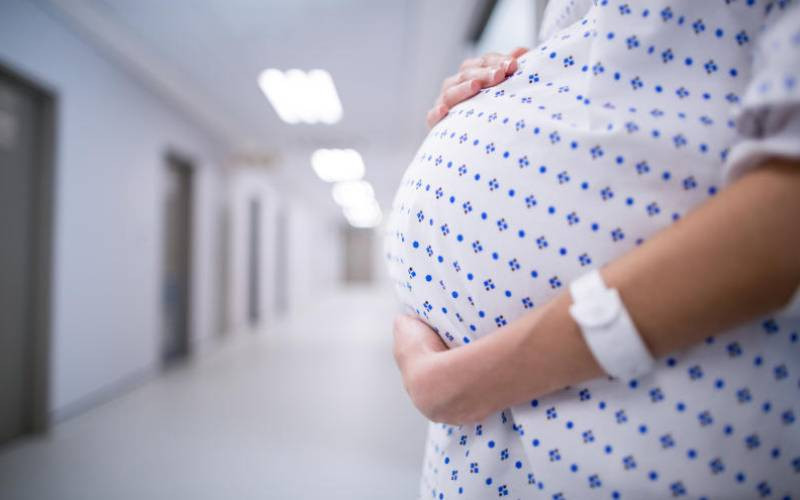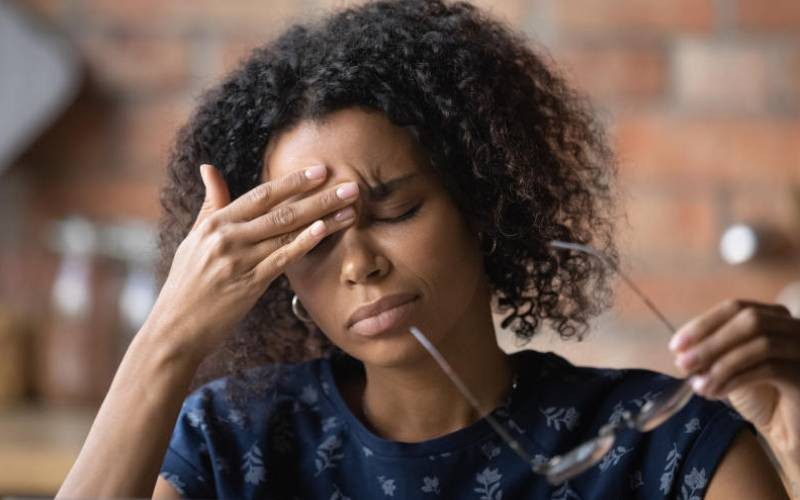
You only have to think about all of the odd and often twee codes we use for periods to understand they're still a topic many of us prefer to hold at arm's length - or brush under the carpet.
"Yes, I'm fine", you might say as the worst menstrual cramp of your life engulfs you. Granted, they're not always pleasant - but they're worth paying attention to. Their colour, consistency, regularity and any effects like abdominal cramps - all of it.
However, two important things to bear in mind are a) the wealth of information pertaining to the 'normal' menstrual cycle and b) the sensitivity with which many of us consider all things "down there".
No two periods are the same - but they can be indicative of other 'issues'. Gynae-oncology specialist nurse Tracie Miles has 15 years’ experience in this field and has spoken to Mirror Online openly and sensitively about what our periods may - or may not be telling us.
1. Correct colour
There's a broad colour spectrum of menstrual blood: Bright red, dark red, brown / black, rusty, orange, light red and clotted. But is there a "correct" colour we should attribute to a certain point in our cycle - and our health?
"You might find from beginning to end you experience different colours. Similarly, don't worry of you don't produce these colours or if the colour of your period does not change at all." Tracie does advise consulting your GP if there is a shift in pattern and colour. I.e. if your period did produce several colours over its course, then in the next cycle didn't (and vice versa).
"If your normal period experience changes and you CAN'T explain the change," continues Tracie, "do visit the doctor. "So that means pattern changes and colour change, which can't be assigned to pregnancy, the menopause, stress or the contraceptive pill."
"If you're chatting to a friend whose period lasts for six days and yours only lasts for two or three, don't worry and think 'my womb is not being cleaned out. It's not clinically helpful to compare periods."
2. Consistency
There could be an underlying reason if you experience heavy periods. "Fibroids are harmless lumps of gristle which develop in the wall of the womb. They are benign, but they can cause periods to be heavy - sometimes debilitatingly so." Another condition linked with a heavier period is polycystic ovarian syndrome, or PCOS as it's also known.
"Heavy periods could also be a result of the thyroid function, but this is VERY rare."
3. Pain
Period pain, or primary dysmenorrhea to give menstrual cramps their official name are something many of us have experienced. Although unpleasant, they are essentially harmless.
There is a chance very severe cramps may be a sign of endometriosis, which is when the endometrial cells, which normally grow inside the uterus, grow outside it. Women with endometriosis often have pain with periods. If you are concerned you might be affected, you should contact your GP.
4. Regularity
The average cycle length is 28 days, but "every woman has her own normal, whether it's two weeks, three weeks or five weeks." One thing which may occur and alter regularity is if you live or work with other women.
"Syncing periods does genuinely happen and isn't anything to worry about. It's because of pheromones, the chemicals we produce and pick up on from others."
As a phenomenon it was, Tracie explains, well-documented in Egypt when women living along the Nile would be synchronised. One deviation which is worth going to see a doctor about is spotting in between periods, though Tracie points out "it could be nothing."
The same applies to periods after the menopause. "This should not happen - though vaginal bleeding could be down to atrophy, where the vaginal skin gets older." Post-menopausal bleeding is also a symptom linked to womb cancer, so again, consult your GP if this happens to you.
 The Standard Group Plc is a multi-media organization with investments in media platforms spanning newspaper print
operations, television, radio broadcasting, digital and online services. The Standard Group is recognized as a
leading multi-media house in Kenya with a key influence in matters of national and international interest.
The Standard Group Plc is a multi-media organization with investments in media platforms spanning newspaper print
operations, television, radio broadcasting, digital and online services. The Standard Group is recognized as a
leading multi-media house in Kenya with a key influence in matters of national and international interest.










